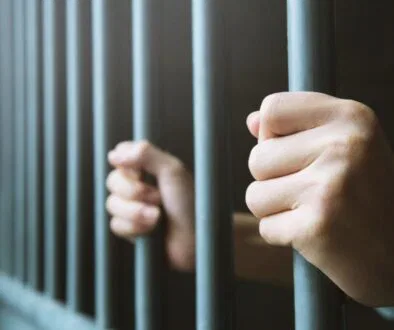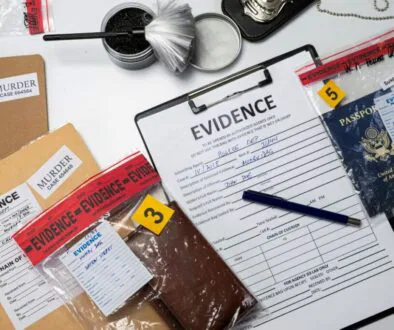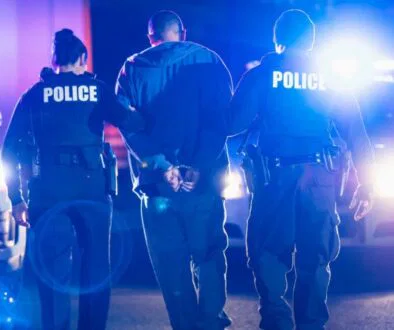Penal Code 1192.7: Serious Felonies in California
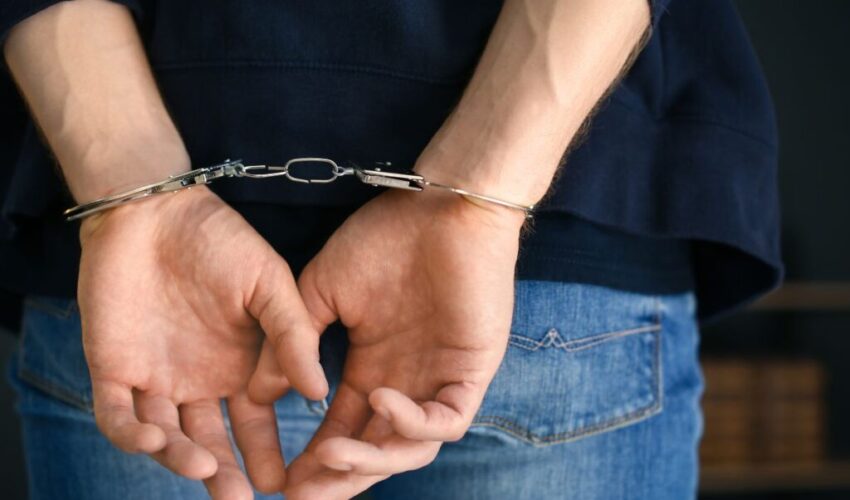
Published September 25, 2023
Enacted in 1872, California’s Penal Code 1192.7 lists what crimes count as serious felonies in the state. It also prohibits plea bargaining for offenders who are convicted of such felonies.
Committing any of the crimes listed under this legislation also counts as one “strike” under the state’s three-strike law. Meaning these crimes warrant harsher punishments than other types of felonies.
Understanding PC 1192.7
Penal Code 1192.7 is a section of the California legal code that deals with sentencing enhancements for certain crimes. It specifically addresses the length of prison time that can be imposed on individuals convicted of certain offenses.
This penal code establishes what is known as a “strike” system. In California, if a person is convicted of a serious or violent felony and already has one or more prior convictions for similar offenses, they may be subject to enhanced penalties under the Three Strikes Law.
Penal Code 1192.7 defines certain offenses as serious or violent felonies. These can include crimes such as murder, rape, robbery, and other offenses involving significant harm or violence. If a person is convicted of one of these serious or violent felonies and they have one or more prior convictions for similar offenses, they may face harsher penalties.
The specific prison time that can be imposed under Penal Code 1192.7 depends on the individual’s criminal history. If they have one prior serious or violent felony conviction, the sentence for the current offense can be doubled. If they have two or more prior serious or violent felony convictions, they may face a sentence of 25 years to life in prison.
It’s important to note that these sentencing enhancements are discretionary and are imposed at the judge’s discretion. The purpose of this penal code is to deter repeat offenders and protect the public from individuals who have demonstrated a pattern of committing serious or violent crimes.
What Counts as a Serious Felony in California?
According to Penal Code 1192.7, these crimes are considered “serious felonies” in California:
- murder or voluntary manslaughter
- mayhem
- rape
- Sodomy by force, violence, duress, menace, the threat of great bodily injury, or fear of immediate and unlawful bodily injury on the victim or another person
- oral copulation by force, violence, duress, menace, the threat of great bodily injury, or fear of immediate and unlawful bodily injury on the victim or another person
- acts of lasciviousness on a child under 14 years of age
- any felony punishable by death or imprisonment in the state prison for life
- attempt to commit a felony punishable by death or imprisonment in the state prison for life
- any felony in which the defendant personally inflicts great bodily injury on any person other than an accomplice, or any felony in which the defendant personally uses a firearm
- any felony in which the defendant personally used a dangerous or deadly weapon
- attempted murder
- assault with intent to commit rape or robbery
- assault with a deadly weapon or instrument on a peace officer
- assault by a life prisoner on a non-inmate
- assault with a deadly weapon by an inmate
- arson
- exploding a destructive device or any explosive with intent to injure
- exploding a destructive device or any explosive causing bodily injury, great bodily injury, or mayhem
- exploding a destructive device or any explosive with intent to murder
- any type of first-degree burglary
- robbery or bank robbery
- kidnapping
- holding of a hostage by a person confined in a state prison
- selling, furnishing, administering, giving, or offering to sell, furnish, administer, or give to a minor any heroin, cocaine, phencyclidine (PCP), or any methamphetamine-related drugs
- any sexual assault where the act is accomplished against the victim’s will by force, violence, duress, menace, or fear of immediate and unlawful bodily injury on the victim or another person
- grand theft involving a firearm
- carjacking
- any felony offense that falls under criminal street gang activities
- assault with the intent to commit mayhem, rape, sodomy, or oral copulation
- throwing acid or flammable substances
- assault with a deadly weapon, firearm, machinegun, assault weapon, or semiautomatic firearm or assault on a peace officer or firefighter
- assault with a deadly weapon against a public transit employee, custodial officer, or school employee
- discharge of a firearm at an inhabited dwelling, vehicle, or aircraft
- commission of rape or sexual penetration in concert with another person
- continuous sexual abuse of a child
- shooting from a vehicle
- intimidation of victims or witnesses
- criminal threats that can result in great bodily injury or death
- any felony offenses where the perpetrator uses a gun in the commission of the crime
- using any weapon of mass destruction that may cause widespread, disabling illness or injury in human beings or widespread and significant damage to public natural resources, including coastal waterways and beaches, public parkland, surface waters, groundwater, and wildlife
- any attempt to commit or conspiracy to commit any of the crimes above
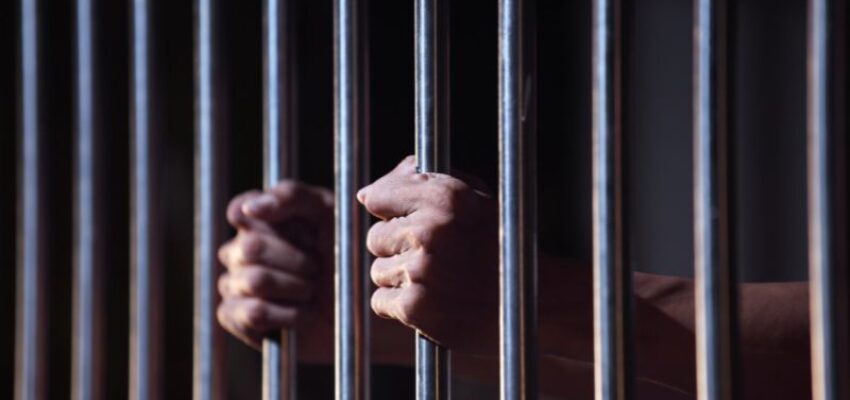
Serious Felonies and the Three-Strike Law
As mentioned, the serious felonies listed above are punishable under California’s three-strike law.
Originally enacted in 1994, the three-strike law is supposed to deter violent and serious crimes by implementing harsher punishments for repeat offenders. To this end, it requires that:
- if a person with a prior conviction of a serious felony is convicted of a new felony, he/she shall be sentenced to state prison for twice the term otherwise provided for the crime.
- if a person with two previous serious felony convictions is convicted of a new serious or violent felony, he/she shall be sentenced to a state prison term of at least 25 years to life.
In short, each serious felony conviction is considered a “strike” under California’s criminal justice system. The first time someone is convicted, the usual sentencing laws apply. The second “strike” will earn them double the required jail term for their current conviction. While a third strike could land them a life sentence.
For instance, if someone with a previous conviction for arson is convicted again for kidnapping, they can face up to 16 years in prison. The maximum jail term for kidnapping in California is 8 years. If he/she gets out of prison and is convicted of another serious felony, he/she may get a life sentence.
In 2012, the law was amended through Proposition 36 to allow defendants currently serving a third strike to petition the court to reduce their prison term to a second strike sentence.
(Related: Probation vs. Parole: What’s The Difference?)

Advertisement
Save 90% Per Minute On Jail Calls With Us
US prisons charge lots of money per minute for long distance inmate calls. The loved ones of inmates are left to pay this bill. For a ten minute phone call you may find yourself paying over one hundred dollars. With SecurTel, you can reduce this charge to a fraction of the cost and only pay the local calling rate. Make calls from across the US or internationally for the local rate and help your family stay connected during a difficult time. Learn more about how to sign up for inmate calls here.

This Content Is Fact Checked
We have conducted thorough fact-checking on this content in-house. Get detailed insights into our website’s editorial standards by clicking here.

About The Author
Meet Rei Bayucca, an accomplished writer with a passion for exploring a wide range of industries. Through her skilled and thoughtful writing, Rei aims to inspire and educate readers with content that stimulates the mind.

